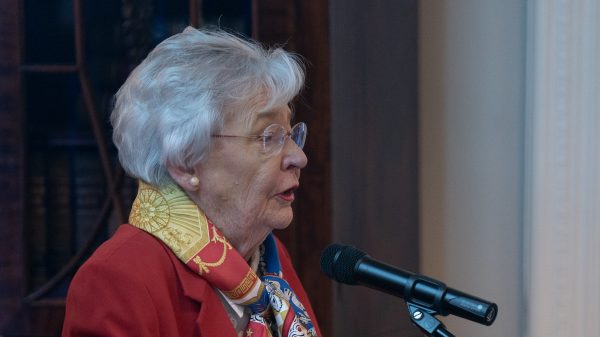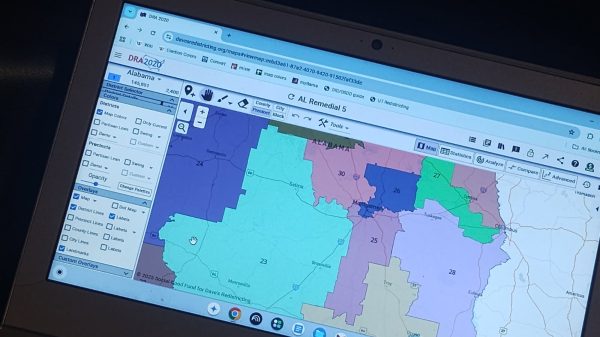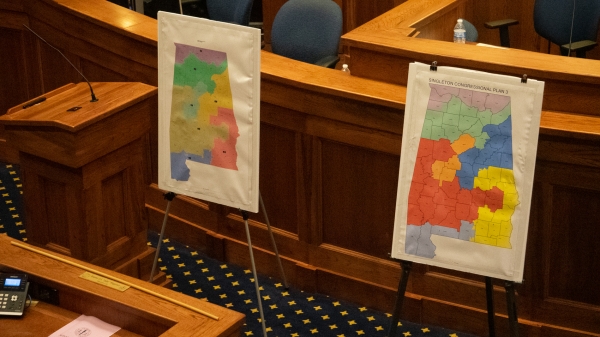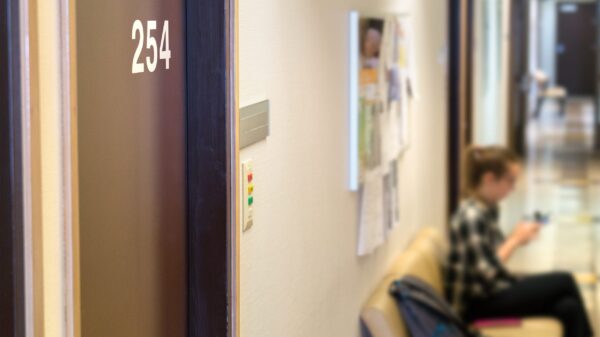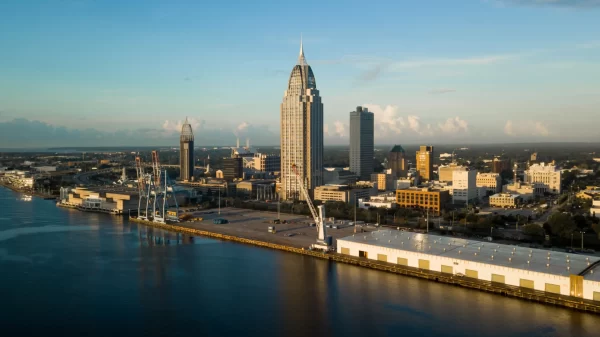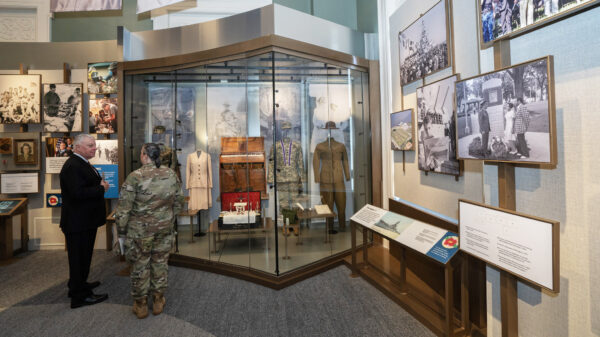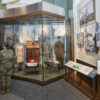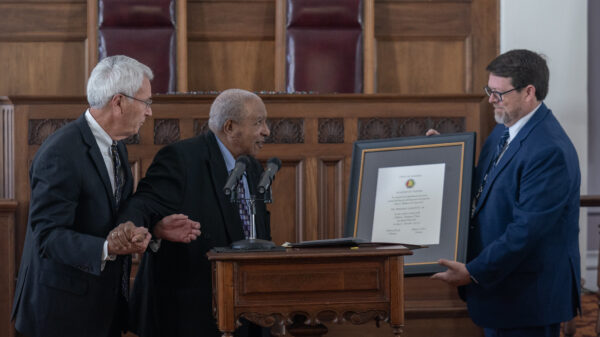By Brandon Moseley
Alabama Political Reporter
Friday, U.S. Rep. Bradley Byrne, R-Montrose, was appointed to serve as a member of the House conference committee for the 2018 National Defense Authorization Act.
The NDAA is passed annually and sets policy and authorizes funding for the military.
A conference committee of House and Senate members has been formed because the two bodies passed different versions of the Fiscal Year 2018 NDAA. Byrne will serve on the conference committee as a representative from the Education and the Workforce Committee.
The bill is critically important to Alabama, given the state’s large military presence.
“Given the ever-increasing range of threats facing our nation, it is vital our military has the resources and tools necessary to defend our country and deter aggression around the globe,” Byrne said. “The conference committee must ensure adequate funding for the men and women who serve in our armed forces and work to grow the size and capabilities of the U.S. Navy.”
Earlier this year, Byrne championed an NDAA through the House of Representative that authorized the funding for constructing three combat ships. The LCS is built in-part by Austal USA in Mobile. The Senate version of the NDAA only authorizes construction of two LCS.
Speaker of the House Paul Ryan, R-Wis., appoints the Republican representatives that serve on the conference committee.
“This national defense bill keeps the promises we have made to rebuild our military, and gives our service members a well-deserved pay raise,” Ryan said. “We look forward to sending this vital bipartisan legislation to the president’s desk.”
U.S. Rep. Mike Rogers, R-Saks, and Byrne are the only members from Alabama on the conference committee.
There are currently two different versions of the LCS. The Independence-class LCS is built by Austal USA in Mobile, and the other is built by Marinette Marine in Wisconsin. The Independence-class ships have a top speed of 44 knots, can carry a crew of just 40 sailors and can be specially configured for mine sweeping, sub hunting, operating unmanned aerial vehicles, operating helicopters and can support Marine or special forces operations.
The newest LCS’s were upgraded to LCS-frigates. The cost is $704 million each, although the original navy estimate was that the LCS would cost just $220 million each. The smaller, lighter LCS can operate in more shallow waters closer to shore, the “littoral combat zone.”










